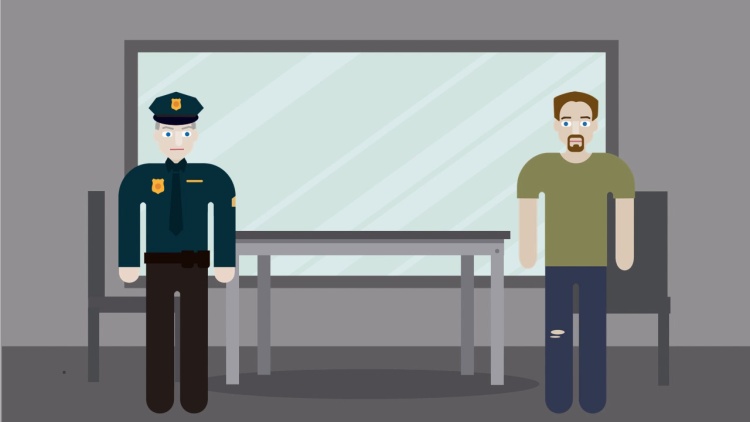Maryland v. Pringle
United States Supreme Court
540 U.S. 366, 124 S. Ct. 795, 157 L. Ed. 2d 769 (2003)
- Written by DeAnna Swearingen, LLM
Facts
A police officer pulled over a car for speeding. Inside the car were three occupants: Partlow, the car’s owner, was in the driver’s seat; Pringle (defendant) was in the front passenger seat; and Smith was in the back seat. The officer saw a roll of money in the glove compartment when Partlow opened it to get his registration. Partlow denied he had any weapons or drugs in the car and agreed to a search. The officer found $763 in the glove compartment and five baggies of cocaine between the back-seat armrest and the back seat. When all three men claimed ignorance of the drugs and money, the officer arrested all of them. Pringle later waived his Miranda rights and confessed that the money and drugs were his. At trial, Pringle moved to suppress the confession on the grounds that it was the fruit of an illegal arrest. The trial court denied the motion, and Pringle was convicted by a jury on charges of cocaine possession and possession with intent to distribute cocaine. Pringle was sentenced to 10 years imprisonment without parole. The Maryland Court of Special Appeals upheld the conviction, but a divided Maryland Court of Appeals reversed. The court held that finding the drugs in the car did not give the officer probable cause to arrest Pringle because he had no indication that Pringle had knowledge, dominion, or control of the drugs. The United States Supreme Court granted certiorari.
Rule of Law
Issue
Holding and Reasoning (Rehnquist, C.J.)
What to do next…
Here's why 907,000 law students have relied on our case briefs:
- Written by law professors and practitioners, not other law students. 47,100 briefs, keyed to 996 casebooks. Top-notch customer support.
- The right amount of information, includes the facts, issues, rule of law, holding and reasoning, and any concurrences and dissents.
- Access in your classes, works on your mobile and tablet. Massive library of related video lessons and high quality multiple-choice questions.
- Easy to use, uniform format for every case brief. Written in plain English, not in legalese. Our briefs summarize and simplify; they don’t just repeat the court’s language.





